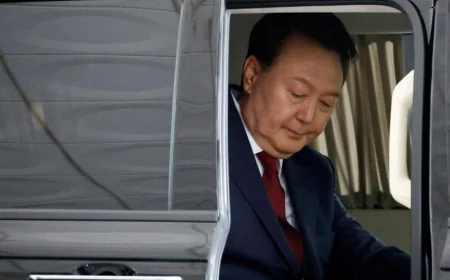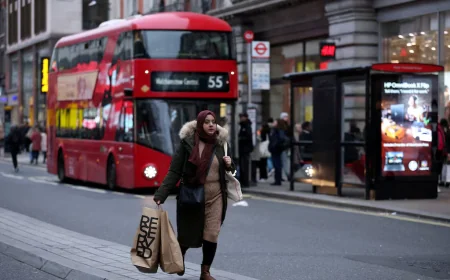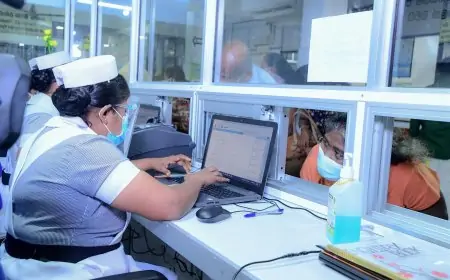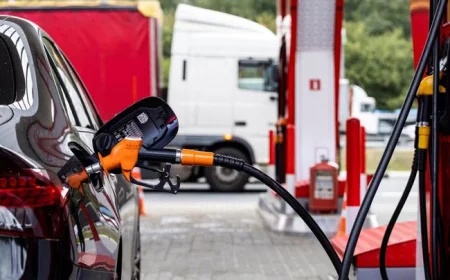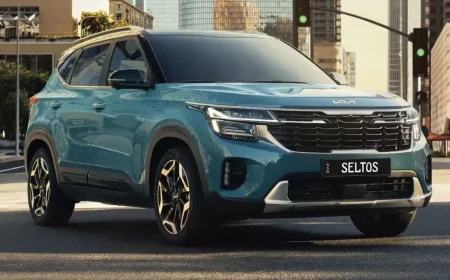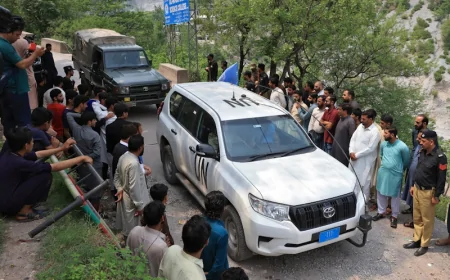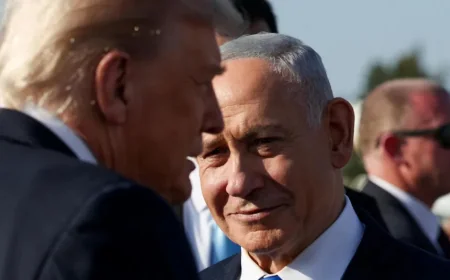Delhi Government Extends EV Policy by 3 Months Ahead of Policy 2.0 Launch
the Delhi government has extended its current Electric Vehicle (EV) Policy by an additional three months. The extension comes as the city awaits the rollout of the much-anticipated Delhi EV Policy 2.0.
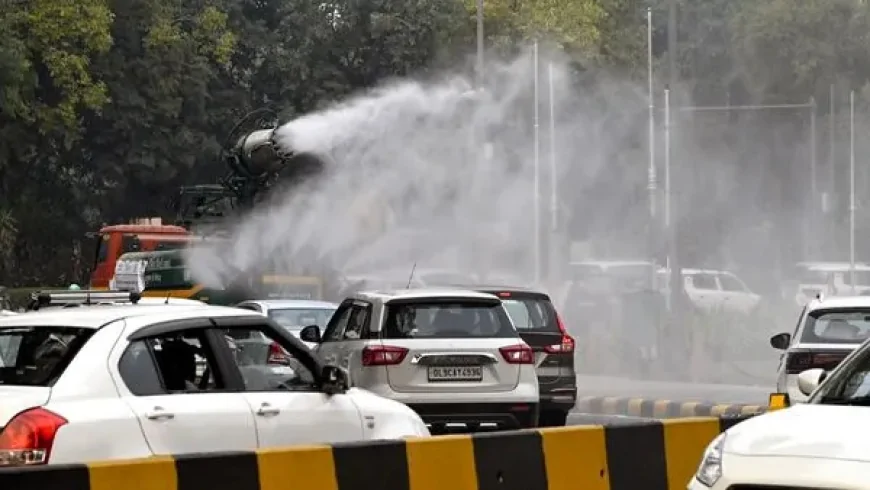
New Delhi, April 15 — In a move to ensure policy continuity and further its commitment to sustainable transportation, the Delhi government has extended its current Electric Vehicle (EV) Policy by an additional three months. The extension comes as the city awaits the rollout of the much-anticipated Delhi EV Policy 2.0.
The extension was approved during a recent cabinet meeting chaired by Delhi Chief Minister Rekha Gupta, and was later confirmed by Transport Minister Pankaj Singh. "There are many things the government wants to do for its residents, and we will incorporate those in the revised EV policy," Singh said. He also clarified that there are no plans to ban auto-rickshaws or any other category of vehicles under the new regime.
Background and Goals
Launched in August 2020, the Delhi EV Policy aimed to make electric vehicles constitute 25% of all new vehicle registrations by 2024. With its original three-year term set to end in August 2023, the policy has been extended multiple times to ensure momentum is not lost before EV Policy 2.0 is finalized.
The policy has played a crucial role in reducing vehicular emissions and promoting clean mobility in the capital—goals the new policy intends to push further.
What to Expect in Delhi EV Policy 2.0
The upcoming Delhi EV Policy 2.0 is expected to be more ambitious and inclusive, covering a broader spectrum of vehicle categories, including:
-
Two-wheelers
-
Three-wheelers (including e-rickshaws and goods carriers)
-
Buses
-
Light commercial vehicles
Proposed incentives under the draft include:
-
Up to ₹36,000 subsidy for women riders purchasing electric two-wheelers
-
₹10,000 per kWh purchase incentive, capped at ₹30,000 per vehicle
Boosting Infrastructure and Employment
The policy aims not only to promote EV adoption but also to bolster infrastructure and job creation. Highlights include:
-
Establishment of battery collection centers
-
Expansion of charging and swappable battery stations
-
Creation of 20,000 jobs during the implementation phase
By replacing thousands of fossil-fuel-powered vehicles with electric alternatives, Delhi hopes to significantly improve air quality and reduce dependence on non-renewable energy sources.
